Let’s be more sustainable together
For All of Us
Would you like to descrease your carbon footprint but you should increase your income and profit? It seems contradictory. But let’s give it a chance. Let’s try to figure out where your stockpiles are.
You always can optimize anything with the help of statistical modeling. Check the examples and let’s find statistical methods to decrease your emission (of any type) with achieving your business goals.
Have you ever thought?
It is estimated that a single Google search could power a low-energy light bulb for an hour. Rod Liddle, 4 August 2019
or
According to ChatGPT, a single GPT query consumes 1567% (15x) more energy than a Google search query (source)
or
Over 64 million ‘unnecessary’ emails are sent every day in the UK, resulting in nearly 23,500 unnecessary tonnes of carbon a year (source)
What Can We Do?
FORECAST
Would you like to be optimally prepared to your business future? You should know your future first for that.
This is the topic of statistical forecasting.
OPTIMIZATION
Whenever you optimize your processes, you reserve energy. Would you like to move your machines, stocks, people optimally?
Do it with statistical modeling.
QUALITY IMPROVEMENT
Whatever your business is, better quality means a better sustainability. Improve your quality.
DIGITALIZATION
Paper usage can still be reduced. Digitalize your office, digitalize your processes. Build two-way communication dashboards for your clients.
WORKING CONDITIONS
Office? Home office? Shared office? New opportunities, but which one does suit you best? Why do not you measure it?
I’m Istvan Janosi, a dedicated and enthusiastic statistician.
I spent my carrier in the pharma with design and evaluation of clinical trials. I am also active in data management, data science, business intelligence, AI. I’m programming in SAS and R and I also have (international) team leader experiences.
I created a company, Planimeter, 26 years ago (www.planimetergroup.com; www.magicofstatistics.com).
I’m still the CEO of this team, but it does not require my help any longer.
In the rest of my career I would like to concentrate on my personal mission: integration of statistical knowledge and expertise to preserve Climate as we like it. I had a wonderful life. I have three children, four grandchildren (so far). I feel responsibility for the next generations. I would like to act.
Let’s be more sustainable together.
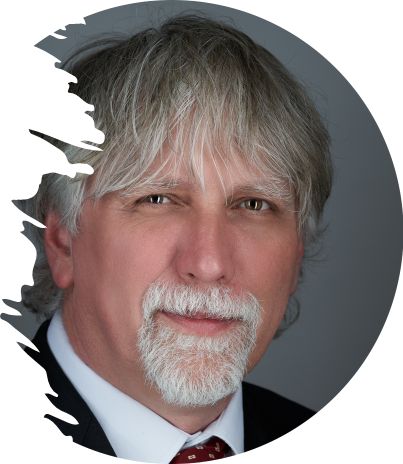
Some Examples
Forecast
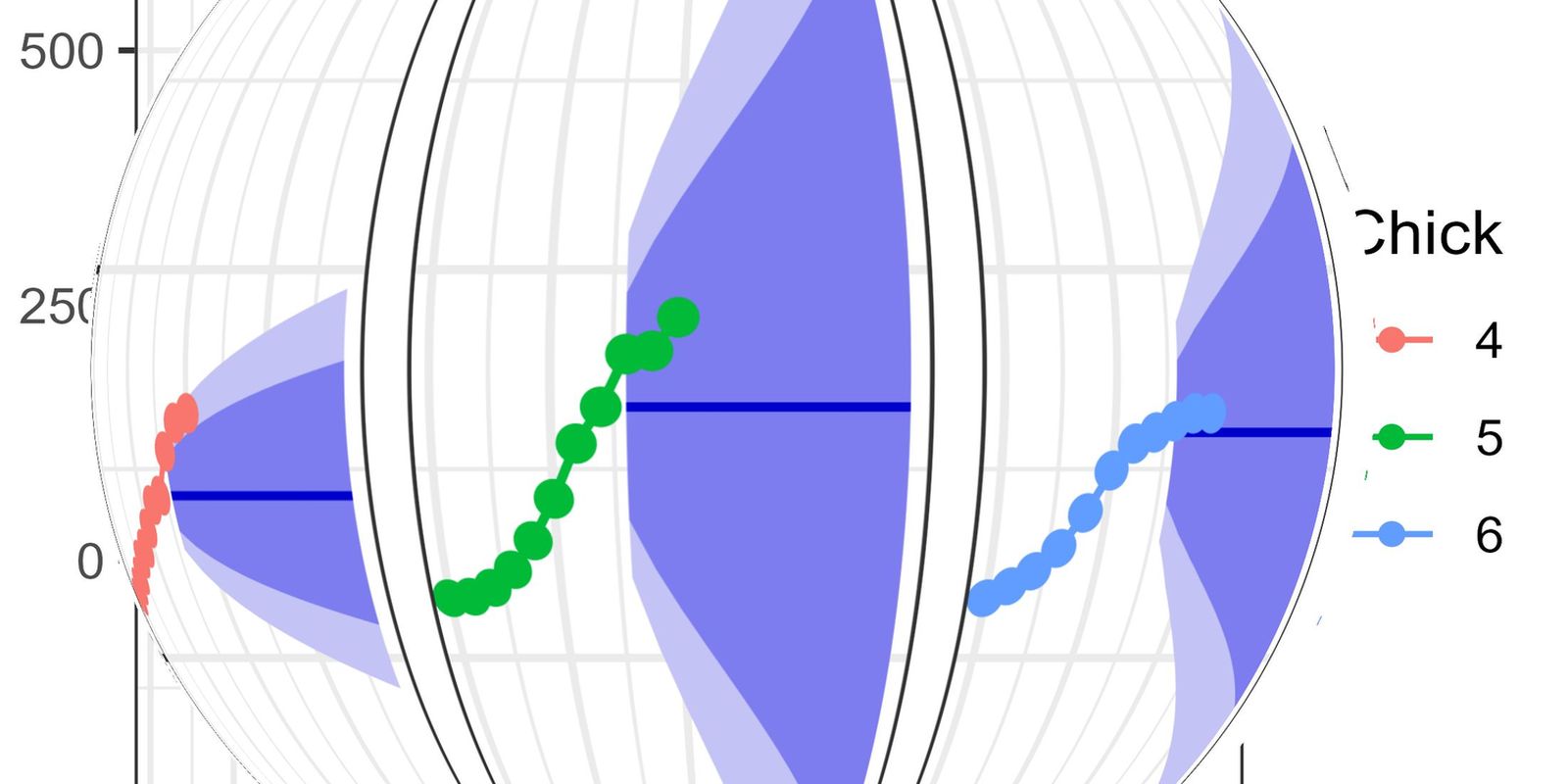
There are a plenty different statistical techniques to create forecast. You can read good summaries here, here or here, these summaries are about techniques which is my part. Your real concern is the impact of these techniques on sustainability.
What if I can predict your expected future consumption and you can simulate your expected costs under various scenarios including the price [of energy], the change in dimensions of the working area, change in types of lightining, heating or change in any other relevant conditions?
Optimization
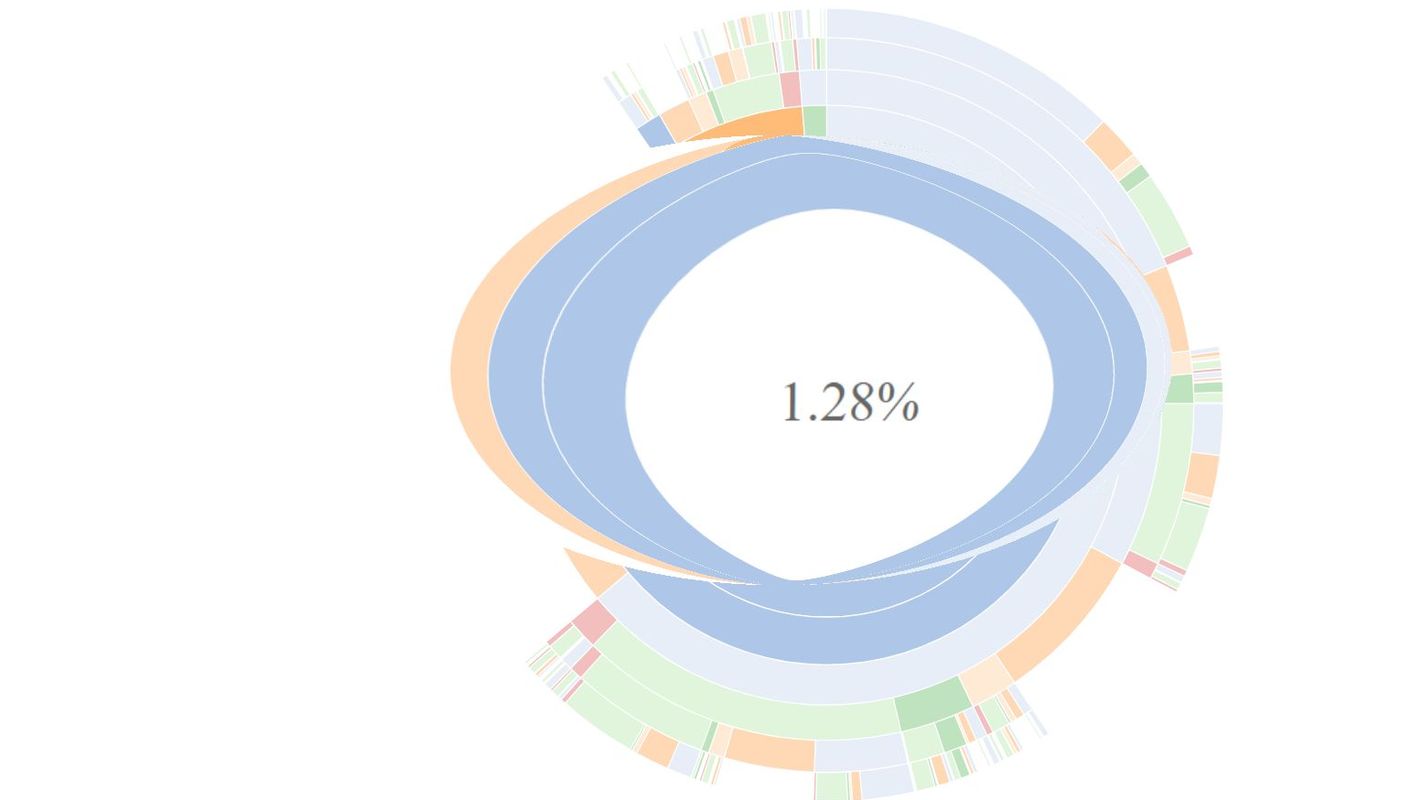
When you optimize your processes, you definitely reserve resources. Will your cars move less? You saved gas. Will your production be faster? You can switch off your machines earlier or you can product more. Will you store your stocks for a shorter time of period? You will have less costs on warehousing. Will you increase your conversation rate in marketing? You will have to send out less e-mails.
The examples can be continued, but the message is already clear: spare resources – including energy – with mathematical-statistical optimization.
Complex Processes
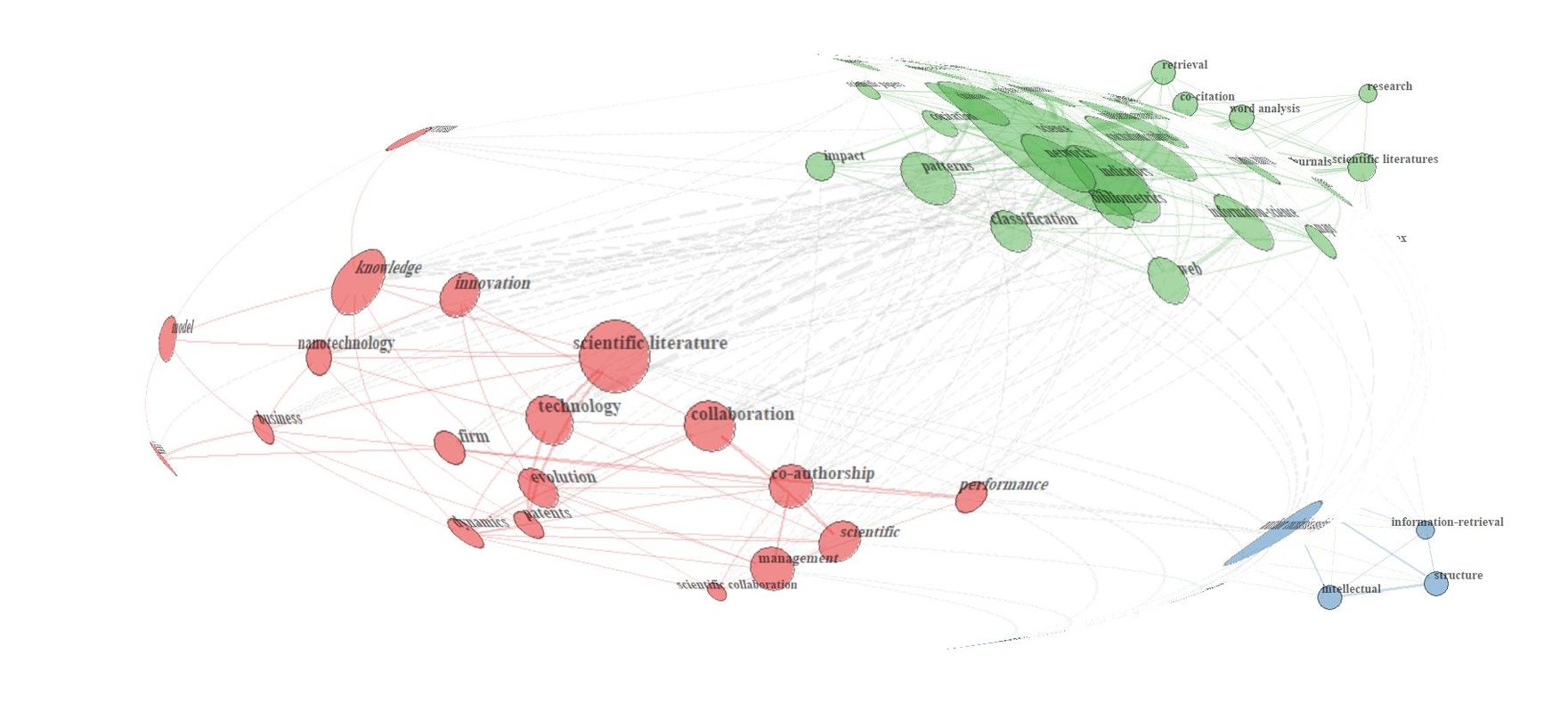
It’s quite common to search for the quantitave explanation of our observed processes in the function of some predictors. Linear regression is the illustration of the intention. Unfortunately real-life processes do not depend only on a couple of predictors. Furthermore, these factors are generally not indepent from each other. Anyway, quantitative description of complex systems is already possibly. There are different techniques from Monte Carlo methods, through simulations to machine learning (https://pubs.aip.org/collection/1205/When-Machine-Learning-Meets-Complex-Systems).
Solutions exist, to choose the best model is still a challange.
Quality Assurance
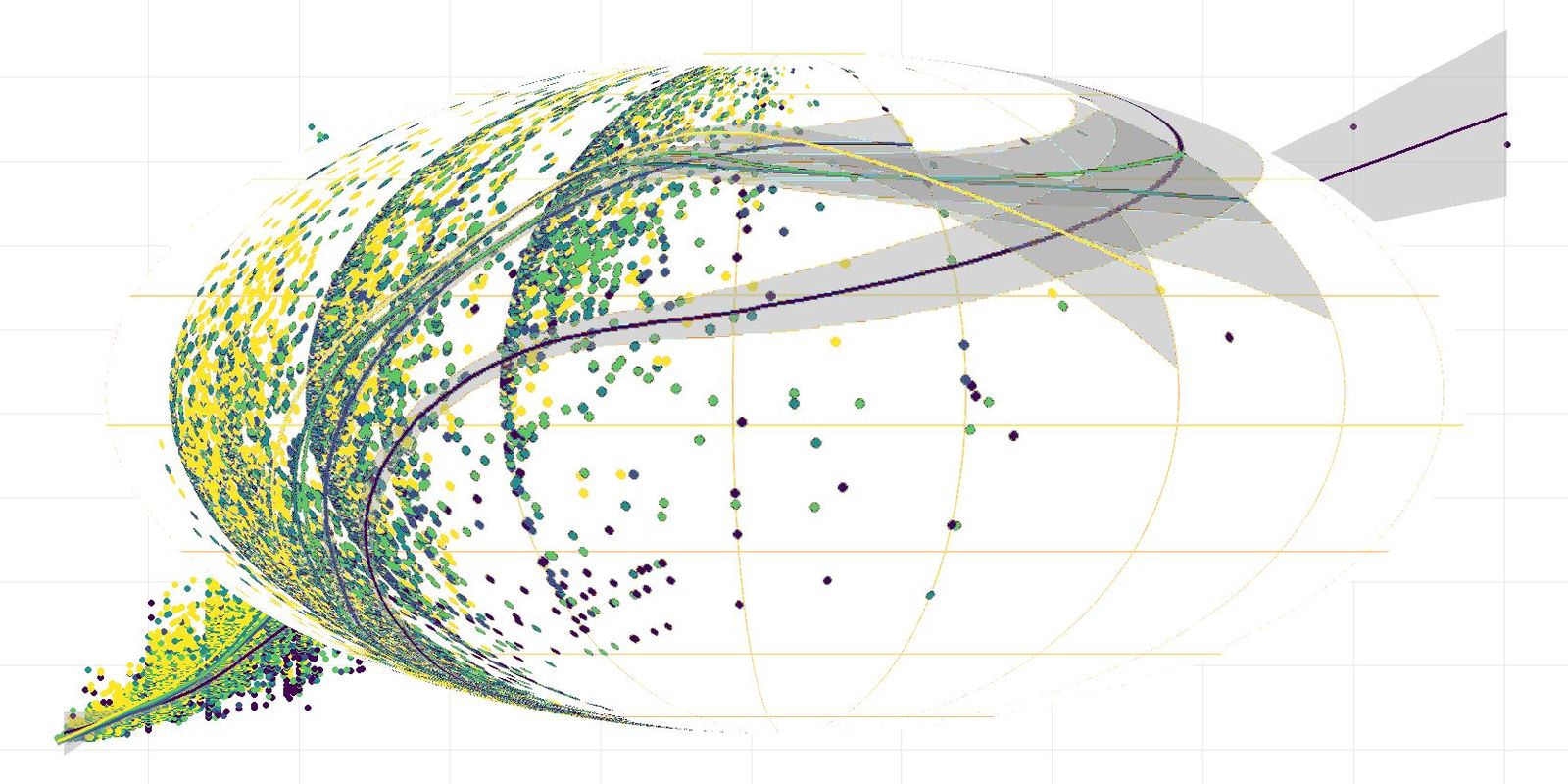
Quality can always be improved and it is also a great field of energy saving, that is moving into the direction of sustainability. If you do not have to repeat actions two, three or more times then you will be more efficient in usage of human and non-human resources. How statistical modeling can help in this area? Basically two topics support this field. One of them is sampling theory (and practice) including determination of the optimal sample size to be able to detect a statistically difference it is it really exist and automated alarming solutions. Machine learning can also play here.